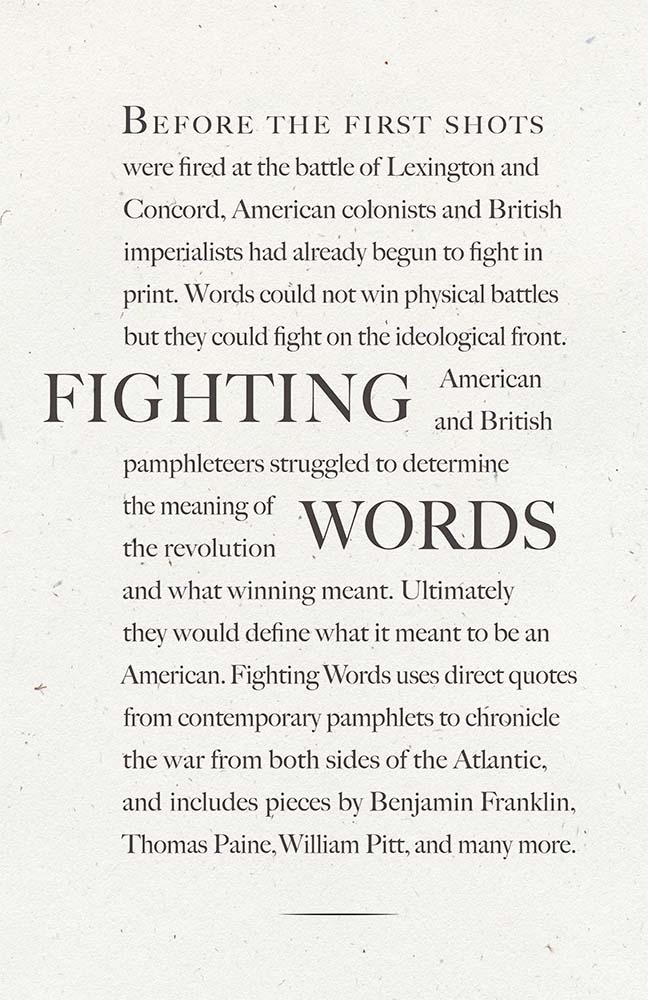Tags
almanac, American, American Antiquarian Society, American Revolution, Americana, battles, Benjamin Franklin, bibles, bindery, books, bookstores, Boston, broadsides, Caleb Alexander, Charles River, collector, Concord, dictionaries, Dr. Ronald Rubin, English, Greek, Greek New Testament, history, independence, Isaiah Thomas, John Mill, Lexington, literature, London, Maryland, Massachusetts, medicine, music, Newburyport, newspaper, Nova Scotia, Oxford, pamphlets, paper mill, printer, printing history, rare books, Ronald Rubin, sedition, Vermont, Virgil, war, Worcester, Yale University
HE KAINE DIATHEKE, NOVUM TESTAMENTUM
Wigorniae, Massachusettensi: excudebat Isaias Thomas, Jun, 1800
Editio Prima Americana
This is the first American printing of the Greek New Testament, considered a milestone in American printing history.
Isaiah Thomas’ printing shop was dubbed “the sedition factory,” during the American Revolution. Thomas moved his press from Boston across the Charles River to Worcester in order to avoid confiscation by British troupes. His press reassembled, Thomas remained in Worcester for the rest of his life, printing the first reports of the battles of Lexington and Concord (“Americans! – – – Liberty or Death! – – – Join or Die!”) and continuing to print until he sold his business in 1802.
Isaiah Thomas was born in Boston in 1749. Thomas was apprenticed to a printer, at the age of six, after the death of his father. He stayed for ten years, then broke his bond and headed to London, much as Benjamin Franklin had done earlier. Thomas got as far as Nova Scotia, where he stayed to print a newspaper. After six months, he was sent packing because of his anti-Stamp Act actions. After another foray, this time to the south, Thomas returned to Boston to set up his own newspaper, The Massachusetts Spy. At the same time, he began what would become a lucrative printing business, which included an almanac and the Royal American Magazine, in 1774.
After the war for independence was won, Thomas built his press into an enterprise that included a bindery, a paper mill and bookstores from Vermont to Maryland. In 1773, he established the first press in Newburyport, Massachusetts, at the request of some of its citizens. He printed books on medicine, music, history, and literature; and printed spellers, dictionaries, and bibles. Caleb Alexander (1755-1828), a graduate of Yale University, worked with Thomas as editor for his first American editions of Virgil and other works in Greek, including He kaine diatheke. Alexander based his edition on a 1707 Oxford edition by English scholar John Mill (1645-1707).
Thomas retired around 1802, about two years after his printing of He kaine diatheke. He spent the rest of his life collecting printed American works – books, pamphlets, broadsides, almanacs, and newspapers. He used these as primary sources for his History of Printing in America, published in 1810. He donated his collection to the American Antiquarian Society, an institution he organized in order to provide a home for print material from early American history.
This is the most recent of numerous gifts throughout the years from Dr. Ronald Rubin, a collector, like Isaiah Thomas, of early Americana and a very fine friend of Rare Books. Thank you, Dr. Rubin!



























You must be logged in to post a comment.